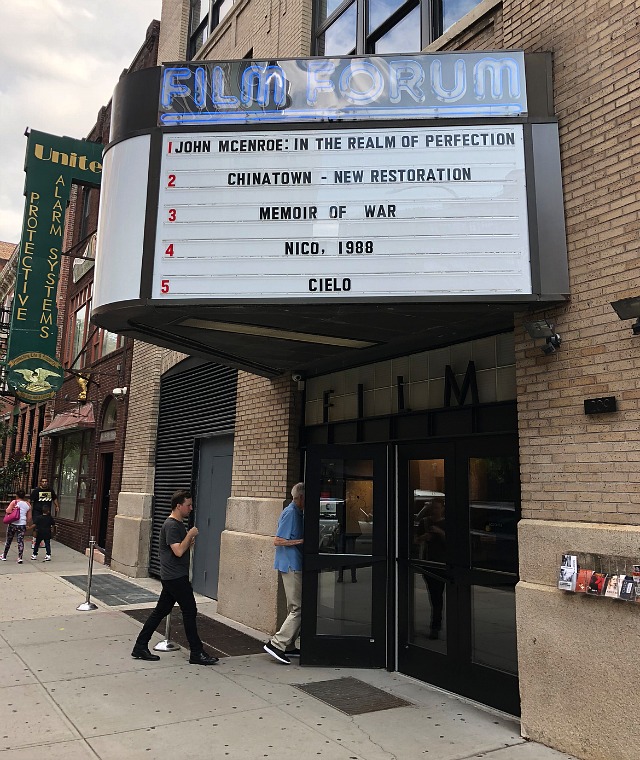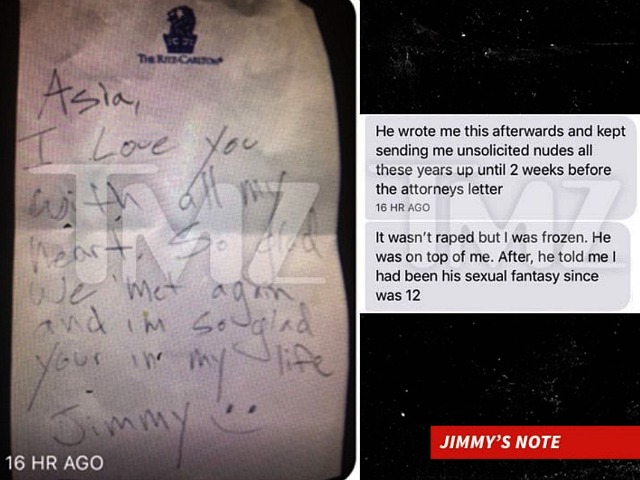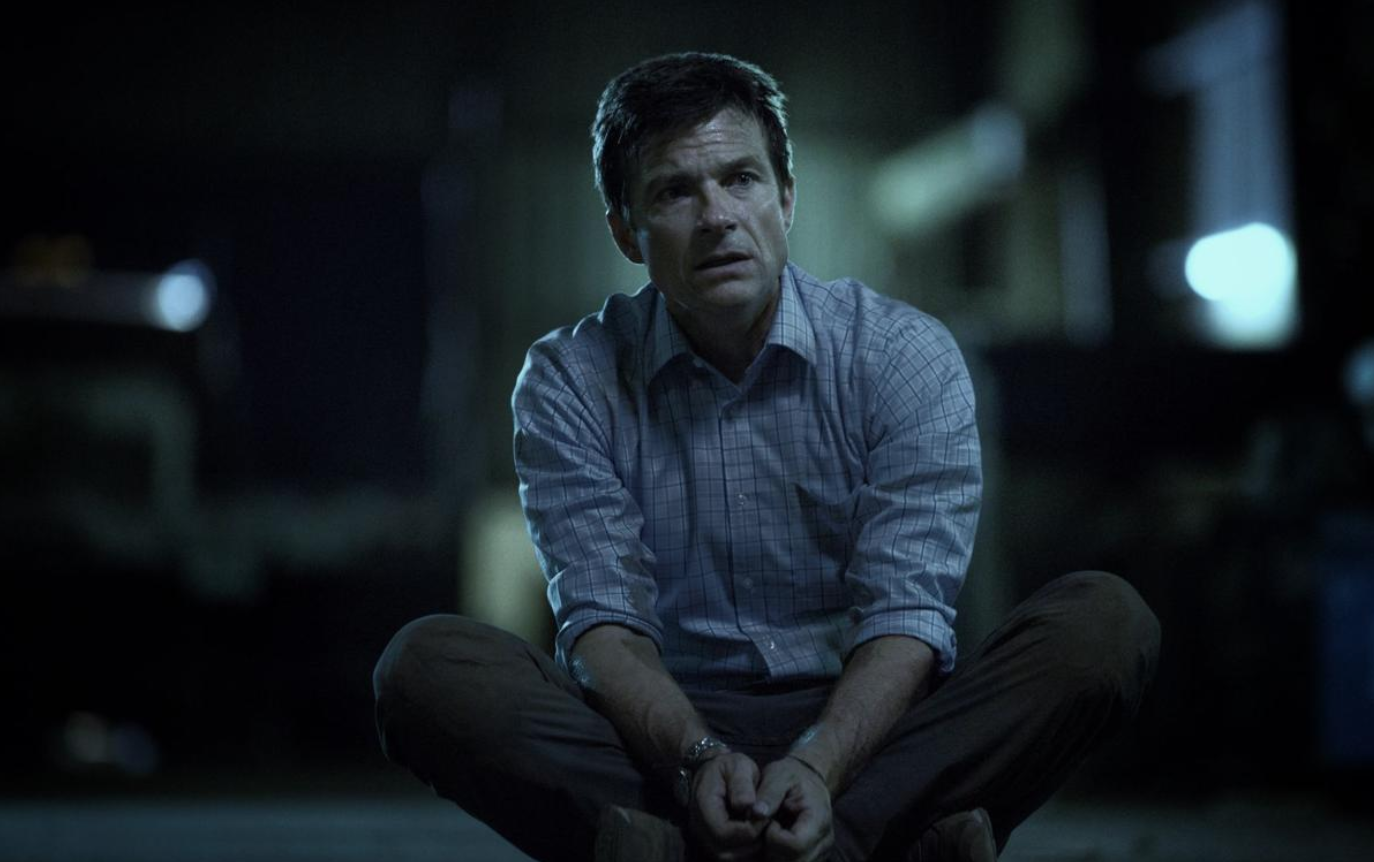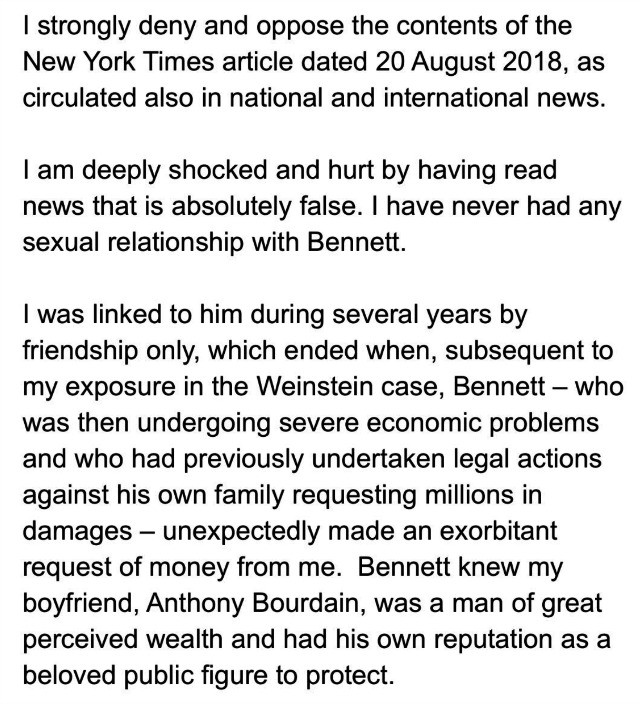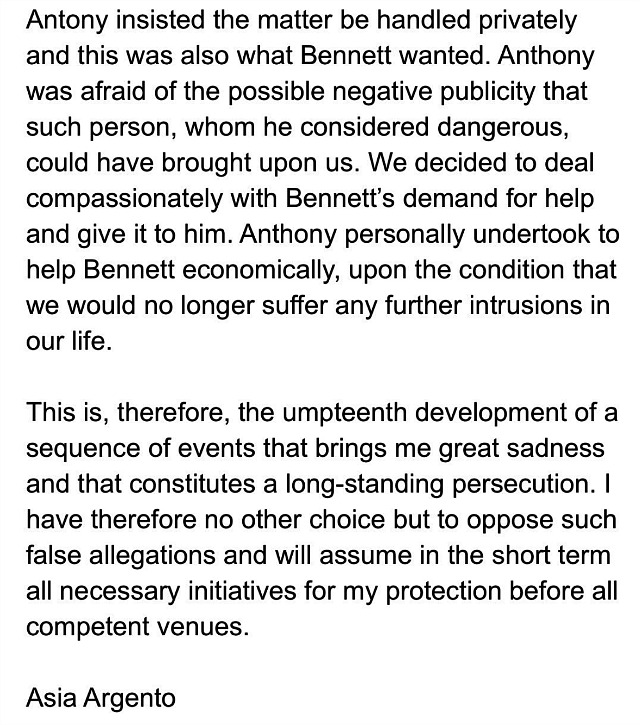Yesterday HE’s Paranoid Bush tweeted that someone like myself “could write an entertaining if deeply inane Bill Simmons-y article about how the major romcom actresses of the 1990s, and how no one back then would have predicted Sandra Bullock would have the most significant staying power.”
At 54, Bullock has lasted longer in the box-office limelight and is still a fairly big draw, but romcom-wise all actresses age out. Most female romcom (or straight romance) stars enjoy a 10 to 15-year run until they hit 40 or thereabouts, and then their younger replacements move in.
Bullock became a marquee name in the mid ’90s with Speed, and then built her romcom (or straight romantic) brand with While You Were Sleeping, Two If by Sea, Hope Floats, 28 Days, Miss Congeniality, Divine Secrets of the Ya-Ya Sisterhood, The Lake House and The Proposal. Since that 2009 film she’s been more of a comedy star with occasional dramatic detours.
The top three ’90s romcom stars were Bullock, Meg Ryan and Julia Roberts. Ryan torpedoed herself with bad plastic surgery, of course. Roberts’ ’90s romcom run lasted from Pretty Woman (’90) to Runaway Bride (’99). She eventually graduated into somewhat older or middle-aged woman roles (mothers, detectives, business executives) starting around a dozen years ago.
Bullock, Ryan and Roberts’ contenders were Alicia Silverstone, Julia Stiles, Drew Barrymore and Cameron Diaz.
Silverstone peaked with Clueless, of course, and that was pretty much it. Stiles has a three-year romcom run in the late ’90s with 10 Things I Hate About You, Down to You and Save the Last Dance. Barrymore’s run was a late ’90s-to-late aughts thing — The Wedding Singer, Home Fries, Never Been Kissed, Riding in Cars with Boys, 50 First Dates, Lucky You, He’s Just Not That Into You. Diaz launched in the mid ’90s with The Mask, My Best Friend’s Wedding and There’s Something About Mary and kept it going into the early to mid aughts with The Sweetest Thing, In Her Shoes and The Holiday.
Read more
